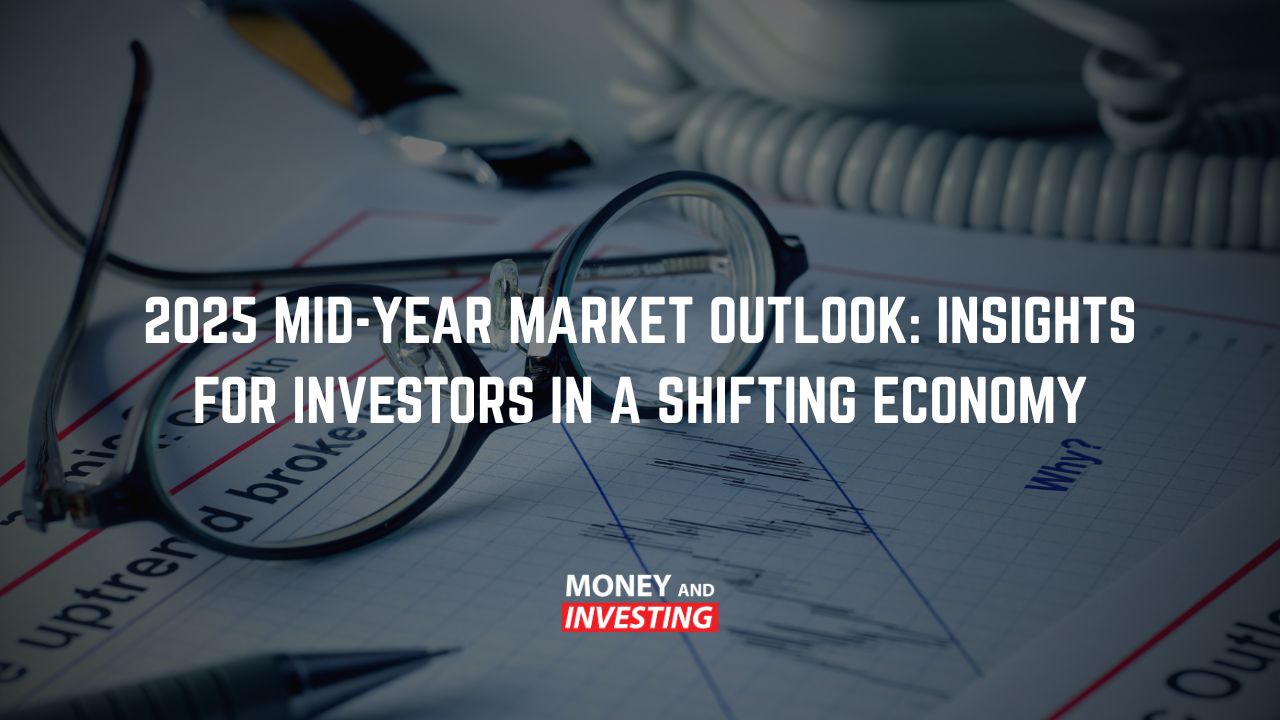Ego vs Money: Long-term investing – buying and holding shares – is a strategy that has been implemented by many Australian investors for a long time and while many brag about the profits of this strategy, there are certain downsides that come with the territory.
Oftentimes, long-term investors become so emotionally attached to their holdings, that they find it hard to let go, even after experiencing a capital loss in their portfolio. This is where focusing on protecting your money, not your ego, is pivotal if you want to win the game of money.
BELIEF VS. REALITY
If you’re someone who has been running a share portfolio for the long-term, chances are your holdings have experienced some substantial loss in the extreme Coronavirus sell-down we saw in March. Some might have a bruised ego.
It’s in these tumultuous times that you’re faced with a decision: close out of the trade when you start to see a decline, or tighten your grip and hold on in hopes that it will get better – something that no one can predict or promise.
What this comes down to, as expert trader Andrew Baxter makes clear, is your ability to adequately manage your risk and choose to close out of the trade when things aren’t going your way.
But at the end of the day, it’s easier said than done as, most times, it’s your ego you’re managing, not your money. A question that we can all ask ourselves when we’re comparing our beliefs to our reality is:
“Do I want to be right? Or do I want to be rich?” Because they’re not same.
Andrew Baxter
THE BIG 4 BANKS – A FRIGHTENING REALITY
In one of our recent episodes, Andrew challenged the popular beliefs surrounding dividend investing within Australia. Many came forward in disagreement and one user claimed that ‘holding the big 4 banks over the last 20 years would return you 400%.’
At first thought, this statistic might sound reasonable and one that most would expect to be true, given the big 4 banks have been the mainstay of our Australian economy. However, we decided to put the theory to the test.
Co-host Mitch Olarenshaw did some research into the bank stock prices in June 2000 vs. June 2020, and he found some shocking results:
ANZ was trading at the same price it is now
NAB’s share price has dropped since
Westpac has increased by approximately $8 per share
Commonwealth Bank has seen an increase of 250%
Then, we took into account the increase in the cost of living, and the opportunity cost of holding these banks for such a long period, which meant the only winner of the four that brought profit was Commonwealth Bank.
Quite frankly, you’d have better odds playing red or black at the casino!
THE WARREN BUFFETT WAY
First and foremost, we want to be clear that we admire and respect Warren Buffet as, arguably, the most famous and successful investors of all time. Buffet’s famous strategy has been to buy and hold value stocks for the long-term to produce a capital gain.
However, many retail investors fall into the trap of following the Warren Buffet way, thinking that this will produce them the gain they are expecting. Little do they know, Warren Buffet has the capacity to buy 15% of a company and gain 2 seats on the board, and, by virtue of his stature, many investors follow his lead.
The fact is, taking a $5k position in any value stock is not going to make any material difference by any means. That aside, Buffet’s strategy ignores investing in growth stocks like Afterpay (ASX:APT), for example, which has nowhere near the profitability of a Bluechip stock like Qantas (ASX:QAN), but has nearly 4 times the share price.
That said, Afterpay’s share price has increased by somewhat 500% in the last month, which would have been ignored if you were following the Warren Buffet way.
Given that example and the comparison of holding stocks in the four banks, it’s food for thought that there may be alternative strategies.
THE OTHER WAY: BECOMING MORE NIMBLE
What we’re addressing here, is that there is a difference between buying and holding value stocks for the long-term, hoping they’ll go up, versus actively picking and managing stocks with a poignant level of risk management in place. Ego vs Money
What it comes down to is the active management of your money whilst leaving your ego to the side. Simply using the big 4 banks as an example, shows that the buy and hold strategy has not worked over the last 20 years and it surely won’t work over the next 20.
With this in mind, host Andrew Baxter recommends becoming nimbler in the financial markets and evolving your investment strategy according to the market conditions we see today.
Just like we evolved from CD’s through to music streaming, so your investment strategy must also evolve.
The moral of the story – start managing your money, not your ego. For a multitude of tips and tricks regarding how to do so, reach out to Andrew’s team at Australian Investment Education.
Listen and subscribe to the Money and Investing Podcast today!



